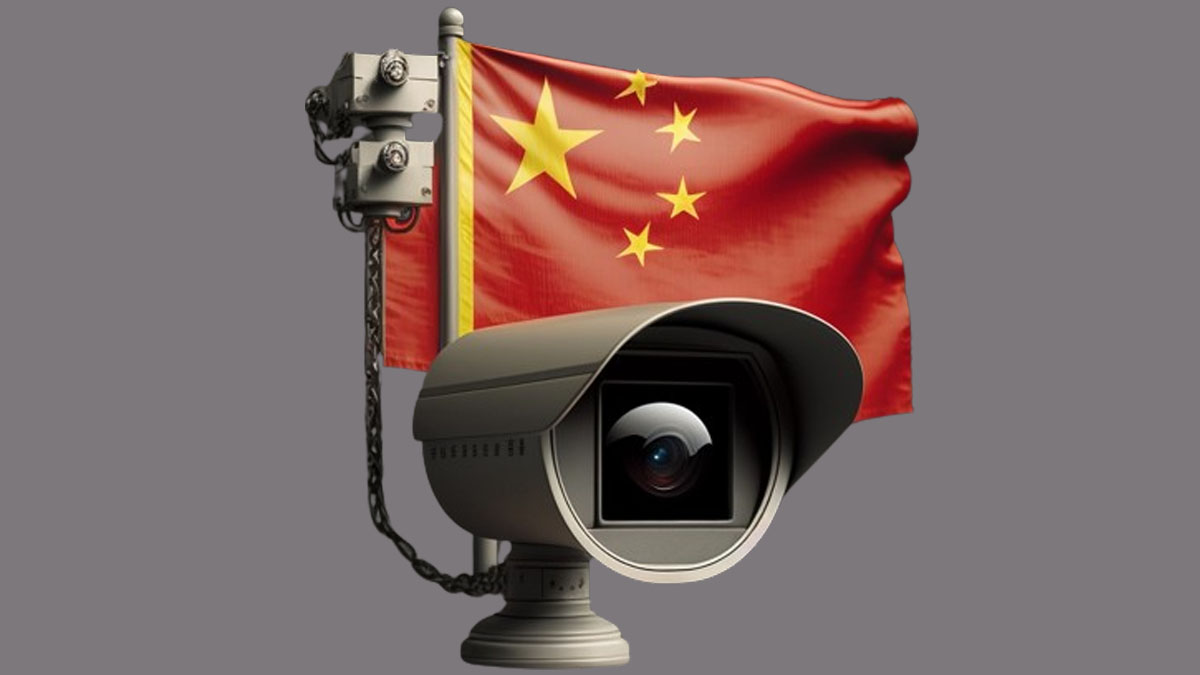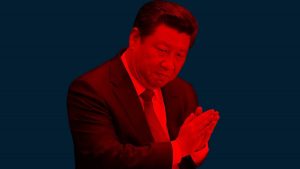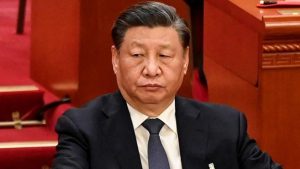
China’s Escalating Espionage: A Global Threat

In a disturbing revelation that has sent ripples through the corridors of power in Europe, Els Van Hoof, the chair of the Foreign Affairs Committee of the Belgian Federal Parliament, has publicly accused Chinese communist spies of hacking into her laptop. This cybersecurity breach, first detected in 2021 and confirmed via an FBI report, underscores a troubling pattern of Chinese espionage that targets not just Belgium but nations worldwide.
The Unfolding of Events
On April 25, Ms. Van Hoof disclosed to Belgian public broadcaster VRT that the cyberattack she fell victim to was part of a broader scheme orchestrated by the Chinese regime. According to an FBI report she accessed last month, the cyber intrusion was executed through a strategically crafted email, compromising not just her data but also that of approximately 400 members of the Inter-Parliamentary Alliance on China (IPAC). This group, focused on addressing human rights abuses in China, represents a direct threat to Chinese interests, making it a prime target.
The Bigger Picture: China’s Global Espionage Activities
Ms. Van Hoof’s experience is not an isolated incident but part of a wider narrative of Chinese espionage. Earlier this year, the Dutch government accused China of similar cyber espionage acts, highlighting an alarming trend of cyber intrusions by the Chinese government into European affairs. During a visit to Beijing, the Dutch Prime Minister confronted CCP leader Xi Jinping with these accusations, backed by reports from Dutch military intelligence services.
Implications and Responses
The ramifications of these cyberattacks are profound, impacting national security and the geopolitical landscape. The Dutch Defense Minister emphasized the importance of attributing these espionage activities to China to bolster international resilience against such cyber threats. In Taiwan, researchers have identified sophisticated espionage tactics, such as embedding WiFi receivers in stage lights, showcasing the CCP’s relentless pursuit of intelligence through innovative methods.
A Call to Vigilance
The responses to these revelations have been varied but pointed towards a need for increased vigilance and stronger cybersecurity measures. As nations grapple with the implications of these breaches, there is a growing recognition of the need to safeguard sensitive information and strengthen international collaborations to counteract these espionage efforts.
China’s Denials and the International Stance
Despite these serious accusations, Beijing has consistently denied any involvement in such activities. The international community remains skeptical, however, and continues to pressure the Chinese government for transparency and adherence to international norms of behavior.
Technological Warfare and Intelligence Gathering
The evolution of technology has significantly altered the landscape of intelligence gathering, with cyber espionage becoming an integral tool. This shift has not only heightened tensions between China and Western countries but also underscored the need for robust cybersecurity defenses in an increasingly digital world.
Conclusion
The case of Els Van Hoof is a stark reminder of the pervasive and persistent nature of Chinese espionage. As nations around the globe confront the reality of these cyber threats, the call for a united and robust response grows louder. The international community must come together to address this global challenge, ensuring a secure and stable cyber environment for all.
This incident is yet another chapter in the ongoing narrative of geopolitical tension between China and the West, highlighting the complex and often fraught relations that define our contemporary world. As we move forward, the importance of vigilance, preparedness, and international cooperation cannot be overstated in the quest to safeguard our societies against such insidious threats.














Comments